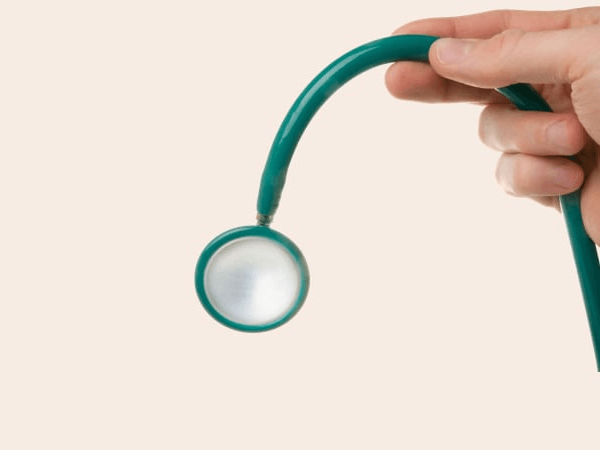Written by Bobby Box in collaboration with Yohomo
Erectile dysfunction (ED) is frequently discussed in mainstream media and advertisements (though not nearly enough given how common it is), but for trans women, the topic involves unique and nuanced considerations. Considerations that aren’t so readily available or easily accessed.

Get treatment for ED 100% online
Connect with a Canadian nurse practitioner from home. Fast approvals, discreet delivery, ongoing support.
The truth of the matter is that hormone therapy, a cornerstone of gender-affirming care, can affect sexual function, including the ability to maintain an erection. So let’s get to the meat: Can trans women take ED treatment?
The quick answer is yes — but with nuance. So let’s unpack how treatment for erectile dysfunction fits into the broader conversation about trans women’s sexual health. It’s time to break down some myths and provide answers to questions that should be far more accessible in 2024.
To ensure you are receiving medically accurate information, I reached out to Dr. Yonah Krakowsky, Urologist, MD, FRCSC.
How does hormone replacement therapy (HRT) affect erectile function in trans women?
Testosterone is a key player when it comes to erectile function, and its suppression through feminizing hormone therapy can increase the likelihood of ED and other forms of sexual dysfunction.
This happens because lower levels of testosterone and DHT — a hormone derived from testosterone — are known to contribute to higher rates of ED in the general population.
“However, testosterone is only one piece of the puzzle and we know that many people with low to no testosterone will still have erectile function,” Krakowsky says.
This variability underscores how unique this experience can be for each trans woman, and highlights the importance of individualized care and open communication with healthcare providers.
What are the impacts of estrogen or anti-androgens on sexual function?
When it comes to how estrogen or anti-androgens impact sexual function, it’s not a one-size-fits-all kind of situation. Some trans women may notice shifts in their sex drive, orgasms, ejaculation, or erections, while others might not experience any changes at all.
“There is a risk of orgasmic dysfunction or erectile dysfunction, but this doesn’t mean that every patient will experience this,” Krakowsky says.
It’s also worth noting that hormones aren’t the only factors dictating sexual functions. Environmental and social factors, the same things that can impact any person with a penis, can play a significant role as well — adding even more nuance to an already complex topic.
Can hormone adjustments help with managing ED symptoms?
Hormone levels in trans women are generally not adjusted specifically to preserve erections; that’s where prescription ED treatment can come into play.
“In a cisgender male who has low testosterone and is experiencing other symptoms of low testosterone such as low libido, it may make sense to give testosterone,” Krakowsky explains, “however, it is not typically the first choice for managing ED symptoms in trans women.”
Do testerone blockers contribute to ED in trans women?
“Testosterone blockers may contribute to ED in trans women,” Krakowsky says. Low testosterone levels can lead to a reduction in smooth muscle within penile tissue (which can trigger problems maintaining an erection), and testosterone itself plays a vital role in sexual response both in the brain and pelvic nerves. However, not everyone on testosterone blockers will experience ED. Again, everyone’s experience is different, which means individual responses can vary.
What are common ED treatments for trans women?
The most common way to combat ED in trans women is with prescription ED medication. These medications work by improving blood flow to the penis by reducing the enzyme that restricts it, helping to trap blood in the penile tissue.
Other ED treatments can include lifestyle changes, counselling, penile implants, vacuum pumps, tension rings, or even intracavernosal injections.
When should someone seek treatment for ED while transitioning?
“If you’re currently on testosterone blockers and finding ED an issue, trying prescription medication can help you figure out if they’re right for you,” says Krakowsky. It’s always a good idea to connect with a healthcare practitioner while navigating this process, as they can help answer your questions and find the best treatment for your symptoms and lifestyle.
At the end of the day, you get to decide if and when you want help, but no one should have to deal with ED in silence. There are healthcare providers who can help discreetly and without any awkward conversations —, you deserve support that works for you.
For a deeper dive into ED treatment options, check out this blog.
This information does not replace medical advice. Any questions you have about your treatment are best discussed directly with your healthcare practitioner.




